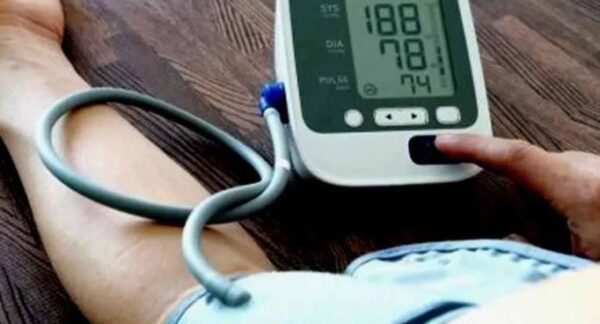Measuring blood pressure at home has become a critical aspect of health management, particularly for individuals with hypertension or cardiovascular concerns.
While it may appear straightforward, there are specific nuances to obtaining an accurate reading.
Here’s a step-by-step guide to accurately measure blood pressure at home:
-Use a validated blood pressure device.
– Measure in a quiet room after five minutes of rest, with your arm and back properly supported.
-Take two readings per session, spaced 1-2 minutes apart.
-Take readings twice daily (morning and evening) for a minimum of 3 days, ideally 7.
-Record and average all readings before sharing them with your healthcare provider.
Common mistakes that lead to inaccurate readings
Start by using a validated blood pressure monitor, ideally one with an upper-arm cuff, as it offers greater accuracy compared to wrist or finger monitors.
1. Avoid movement
For an accurate measurement, choose a quiet and comfortable room free from distractions. Sit in a chair with your back supported, feet flat on the floor, and remain still and silent throughout the process.
2. Take a 5-minute rest
Sit quietly for at least 5 minutes before taking the reading. Avoid exercise, caffeine, smoking, or any stimulants for at least 30 minutes prior to measuring your blood pressure.
3. Position your arm correctly
Rest your arm on a flat surface, such as a table, keeping it level with your heart. Ensure your arm is supported and relaxed, with the palm facing upward.
4. Take-two measurements
Press the start button on the monitor and stay still. After the first reading, wait 1-2 minutes before taking a second reading to ensure accuracy.
5. Share with your doctor
Calculate the average of your readings and share the results with your healthcare provider to discuss any trends or potential adjustments to your health plan.







